Breaking
- MENU
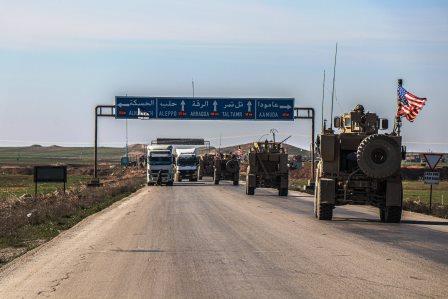
President Trump appears determined to withdraw as many troops as he can from the Middle East before he vacates the White House on Jan. 20, 2021. While his plan to reduce American forces in Afghanistan has drawn the most attention — both domestically and internationally, and especially among America’s NATO allies who constitute about half the forces deployed to that country — he also seeks to draw down American forces in Iraq and Somalia. In addition, American aircraft carriers, once a full-time presence in the eastern Mediterranean, now deploy there on an intermittent basis.
Turkey and Russia, two countries seeking to revive their imperial past, have been filling the vacuum that America seems poised to leave behind. Beginning in 2017, when Trump took office, Turkey has established a series of bases throughout the Middle East. That year, it opened a base in Somalia’s capital, Mogadishu, ostensibly to train Somali forces fighting the al-Shabaab terrorists. In 2019, it ramped up its presence at its base in Qatar; it now deploys 5,000 troops, the equivalent of an American brigade combat team. Turkish sources close to President ErdoÄŸan have reported that Turkey is building a second Gulf base, in Oman.
Ankara has established two bases in war-torn Libya, at Misrata Port and Al-Watiya Air Base in that country’s western region. It is planning to build three of what it calls “temporary” bases in northern Iraq, where it again has deployed its special forces — reportedly in coordination with Iran — to attack Kurdish PKK units. And it continues to maintain a force presence in northern Cyprus, 46 years after its troops invaded the island.
Turkey is far from the only country to expand its presence in the region as that of the United States begins to fade. Russia, whose only foothold in the Middle East previously was its use of the Syrian port of Tartus, now has a 99-year lease on that facility, which it intends to upgrade at a cost of $500 million. In addition, for the first time it also has been able to obtain a 99-year lease on the air base at Khmeimim, which it is expanding, and to create a helicopter base at the Qamishli airport in northern Syria.
Moreover, earlier this month, Russia signed a 25-year agreement with Sudan to establish a naval logistics centre and repair yard in that country. The yard will be able to hold up to four Russian warships, including nuclear-powered cruisers, thereby giving Russia a Red Sea and east African military presence for the first time in decades. Russian analysts are trumpeting the fact that Russia once again has a credible worldwide blue-water navy.
America is not completely abandoning the region by any means. It retains its Fifth Fleet headquarters in Bahrain, and Al Udeid Air Base in Qatar is the largest in the region. It also has an air base at Al Dhafra in Abu Dhabi, seven army bases and an air base in Kuwait, several facilities in Oman and a naval expeditionary base at Camp Lemonnier in Djibouti. Nevertheless, Trump’s determination to withdraw troops that are in the front line fighting terrorists who can threaten Europe, as well as the United States, once again has rattled America’s NATO allies — who have been among his pet peeves since taking office.
Washington is fortunate that two major allies, Britain and France, have a presence in the region. In 2018, Britain established a naval support facility in Bahrain and a new permanent Joint Logistics Support Base in Oman. This marked the first time since 1971 that Britain is permanently basing forces “East of Suez.” France, likewise, has a naval air station in Abu Dhabi, which supplements is Indian Ocean presence at Reunion and its base in Heron in Djibouti.
The Biden administration no doubt will seek to put a halt to the pace, and perhaps the magnitude, of the American withdrawal. That will not be enough. The new White House team will have to make it clear that, whatever Trump’s intentions might have been, the United States has no intention of walking away from the Middle East, whose stability is no less an American interest than it is critical for the security and stability of its allies and partners both in that region and outside it.
Note: This article was originally published in The Hill on 23 November 2020 and has been reproduced with the permission of the author. Web Link
As part of its editorial policy, the MEI@ND standardizes spelling and date formats to make the text uniformly accessible and stylistically consistent. The views expressed here are those of the author and do not necessarily reflect the views/positions of the MEI@ND. Editor, MEI@ND: P R Kumaraswamy

Dov S. Zakheim is a Senior Fellow at CNA Corp and Senior at the Centre for Strategic and International Studies (CSIS) Washington. Previously he served as Under Secretary of Defense (Comptroller) and DoD Chief Financial Officer (2001-04) and as DoD Coordinator of civilian programs in Afghanistan (2002-04). From 1985 to 1987, he was Deputy Under Secretary of Defense for Planning and Resources. He sits on various corporate boards and is Vice-Chairman of both the Foreign Policy Research Institute and Center for the National Interest. He is also the author of Flight of the Lavi: Inside a US-Israeli Crisis (Brassey's 1996).

The longer Israel holds off entering the Gaza Strip, the greater will be the number of voices around.....
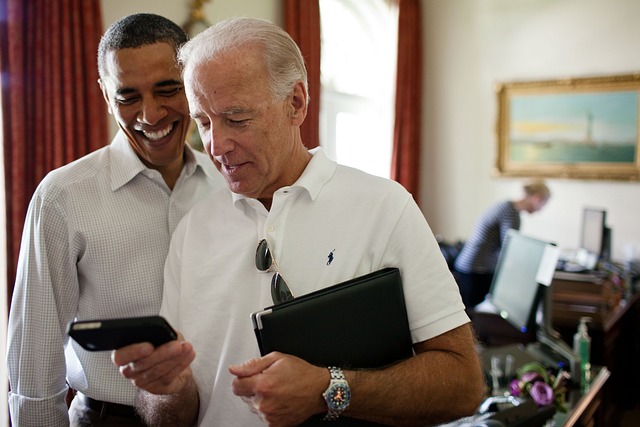
It was rather amusing to see President Joe Biden hugging Israeli Prime Minister Benjamin Netanyahu u.....

The Biden administration’s money-for-hostage exchange with Iran has, not surprisingly, generat.....

On its face, there is little that the United States can do to help prevent Israel from destroying it.....
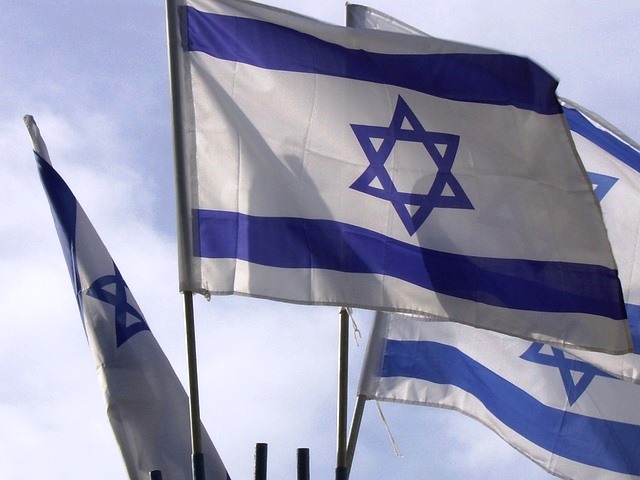
In 1996, when Benjamin Netanyahu was first elected prime minister, Israel was still basking in the a.....
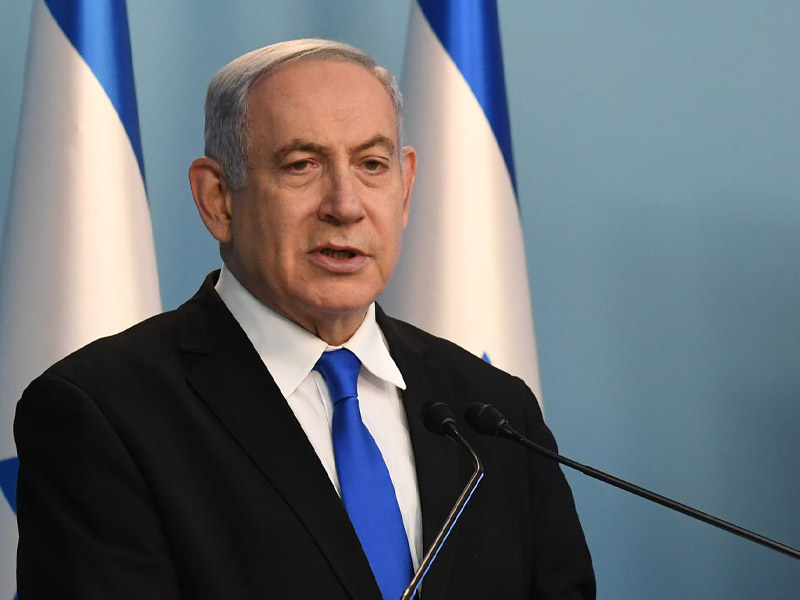
As the world watches Vladimir Putin brazenly annex chunks of eastern Ukraine, one politician in part.....
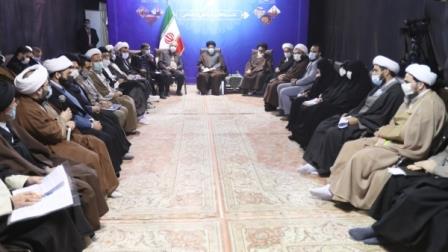
Israel and Turkey recently announced that, once again, they would upgrade their relations to full di.....
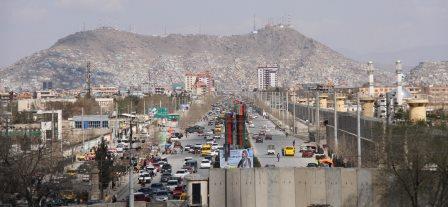
The one year anniversary of the Biden administration’s chaotic exit from Afghanistan has provi.....
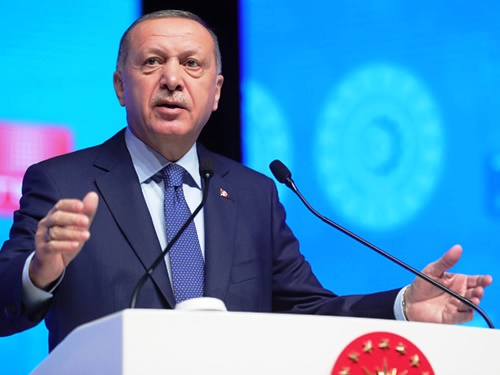
“Unpredictable” is an understatement when describing Turkey’s authoritarian presid.....

Joe Biden’s visit to Saudi Arabia did not exactly work out as the president perhaps had antici.....
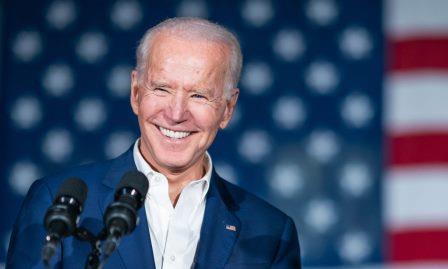
As President Biden often reminds his Israeli interlocutors, he first visited Israel in 1973 when Gol.....

It is not often that a government falls over a few crumbs. But that is exactly what could happen to .....
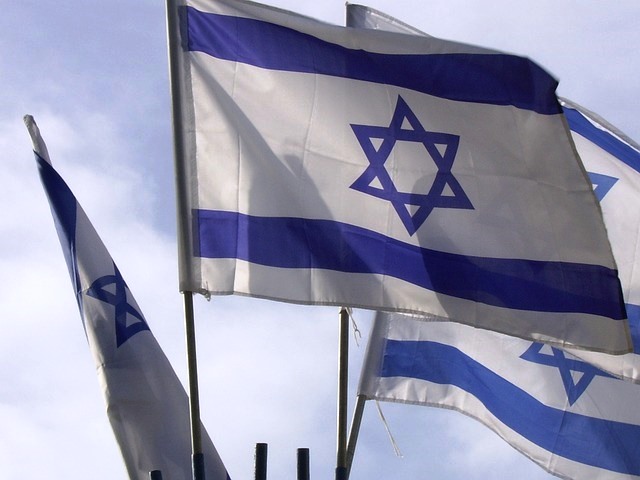
In what proved to be the last book he wrote before his death, “No Room for Small Dreams,&rdquo.....

The State Department this week issued a report that once again rejects China’s claims to exclu.....
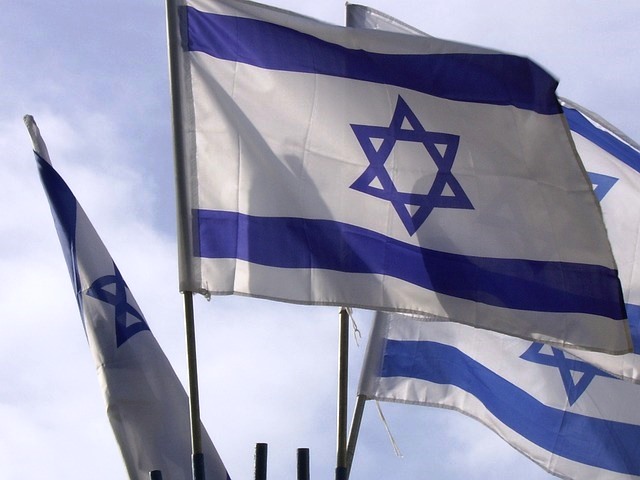
Even as the left wing of the Democratic Party continues to blast Israel — to the degree that t.....
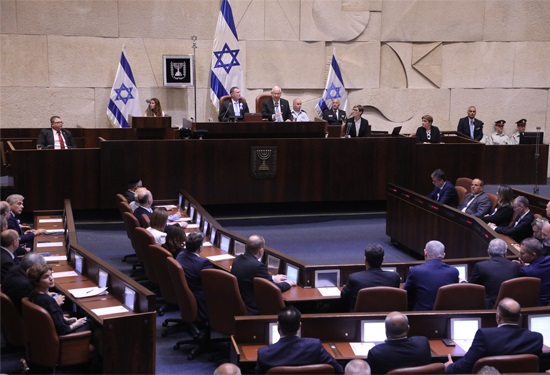
Several days ago, a group of so-called progressive Democrats, led by the “Squad” &.....

The Israel-Hamas ceasefire appears to be holding. President Biden has reiterated his commitment to a.....
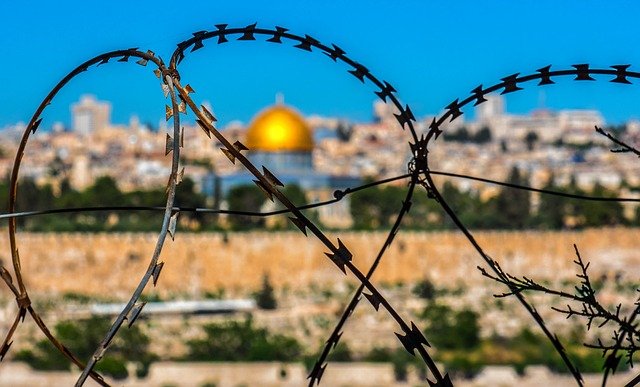
At the time of writing, the increasingly bloody war between Israel and Hamas continues apace. At som.....
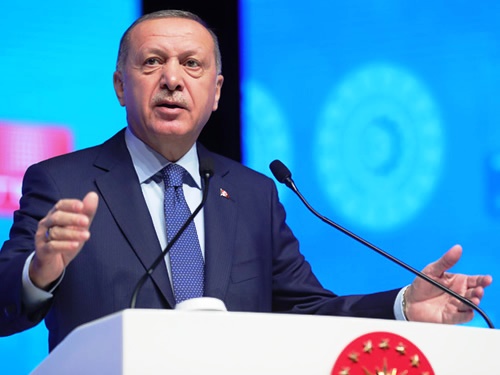
The chasm between Washington and Ankara grows wider by the day. President Biden’s decision to .....

Jordan’s arrest of about twenty leading officials accused of plotting to overthrow King Abdull.....
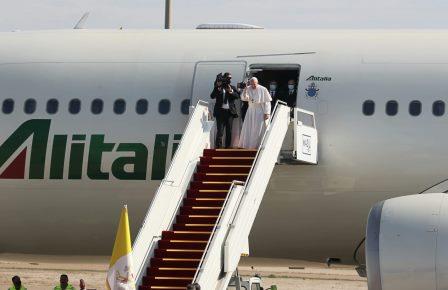
“It was an amazing visit.” That’s how Iraqi President Barham Salih summed up to me.....
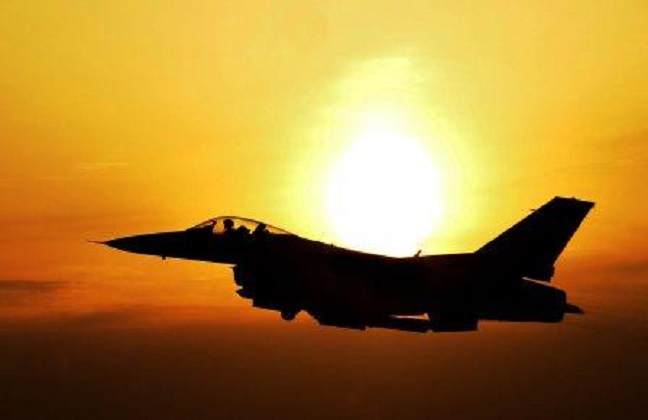
Forty years ago, the Reagan administration sought to sell AWACS early-warning and control aircraft t.....
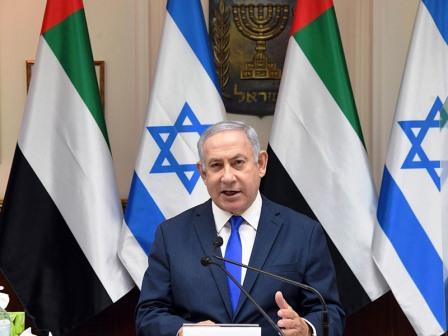
Having hosted a successful White House ceremony to formalize the normalization of Israel’s rel.....

Donald Trump’s electoral prospects appeared to be fading away; for weeks Joe Biden was leading.....
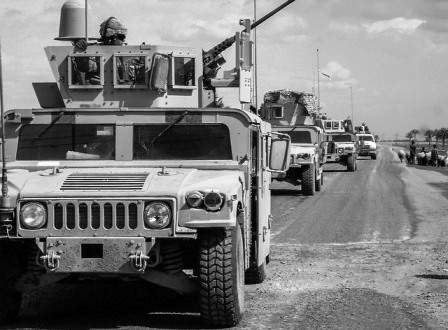
Washington continues to be consumed by speculation and debate over whether the United States should .....
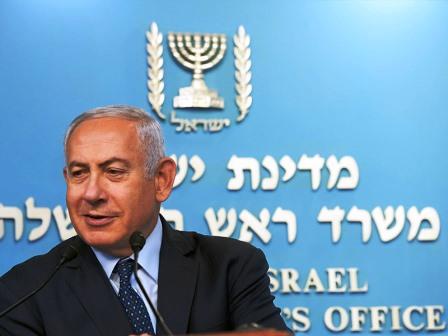
While Americans are agonizing over the wisdom of killing Iranian Quds Force leader Qassim Suleimani,.....
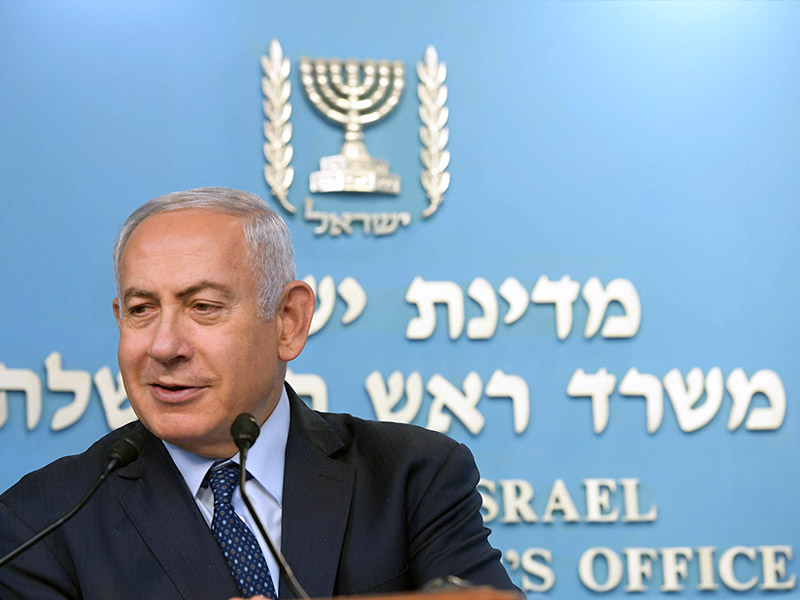
For months, Israel’s pundits predicted that Prime Minister Binyamin Netanyahu once a.....
